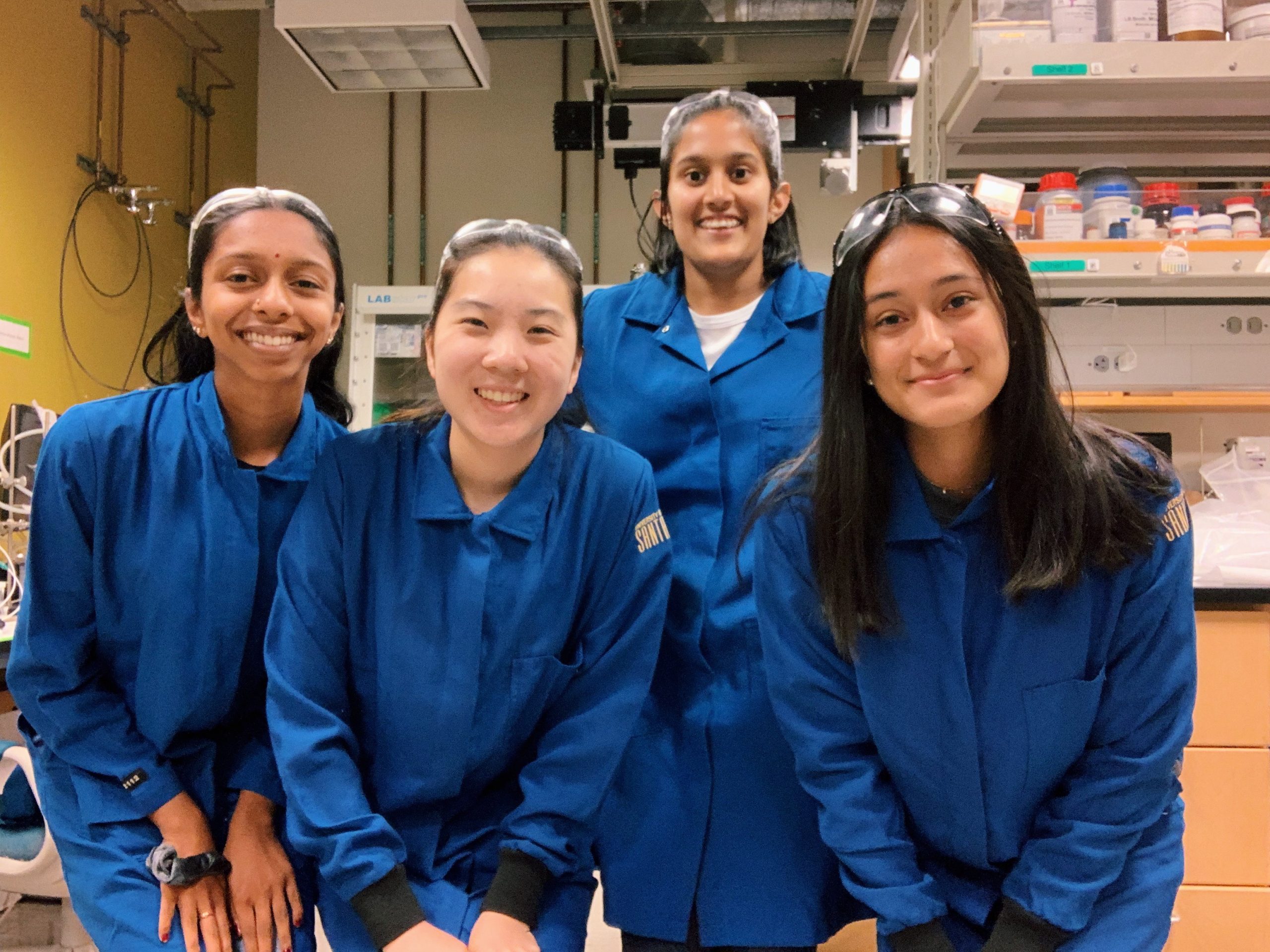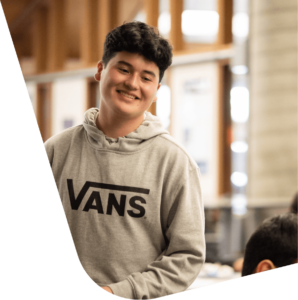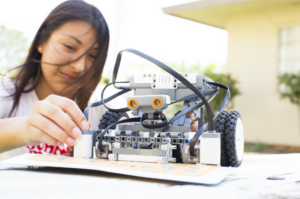More students applied to SIP in 2021 than ever before. A new endowment and partnerships provide greater number of need-based scholarships
The Science Internship Program (SIP) has received record-breaking applications for the 2021 program. About 1,300 students applied for the roughly 250 intern spots that will be available this summer. SIP places motivated high school students in research groups, where they work as members of a real scientific research team. UC Santa Cruz faculty, graduate students, and postdoctoral researchers provide mentoring of the high school interns. The research projects are real in that they are not made up just for the high school students; instead students are inserted into existing research projects at UCSC.
Approximately one-third of SIP interns receive need-based scholarships, are first generation college aspirants, and/or are students of color. SIP provided 72 financial scholarships last year and anticipates providing even more this summer. These scholarships are made possible through philanthropic support. SIP received a boost for its scholarship program in December, with the establishment of a program endowment. The endowment was created with a lead gift from Jeff Dean and Heidi Hopper and will ensure the program’s long term stability and scholarship opportunities. Contributions to the endowment are welcomed and encouraged.
Following UCSC protocol, SIP 2021 will operate entirely online again this summer. The program successfully pivoted to a remote version at the start of the pandemic last year, and will build upon the lessons learned and silver linings from summer 2020.
“Having SIP operate as a remote program allows more opportunities for international and historically excluded students who might not otherwise be able to travel to Santa Cruz to participate. It’s also enabled us to create new partnerships and open up new ways for students to engage with research,” says Professor Raja GuhaThakurta, SIP Founder and Faculty Director.
One of SIP’s new partnerships is with The Bridge: Kauai to College. SIP and “The Bridge” are collaborating to offer research internships for students from Kauai. These internships would focus on geosciences with the intent that the students will increase their identities in research and STEM and pursue science education and careers.
Another exciting new partnership is with Native Skywatchers, which seeks to remember and revitalize indigenous star and earth knowledge. The overarching goal of Native Skywatchers is to communicate the knowledge that indigenous people traditionally practiced a sustainable way of living and sustainable engineering through a living and participatory relationship with the above and below, sky and earth. SIP is partnering with Native Skywatchers to provide Indiginous students with the opportunity to participate in research opportunities, both on the UCSC campus and through Starry Starry Night (SSN). SSN is an initiative that gives students and teachers access to real-time observations with the Keck 10-m telescope on Mauna Kea on the Big Island of Hawai`i and the Lick Observatory’s Shane 3-m telescope on Mount Hamilton in California.
These partnerships align with SIP’s Creating Equity in STEM (CREST) initiatives, which builds upon the program’s long history of providing opportunities for underrepresented students.



